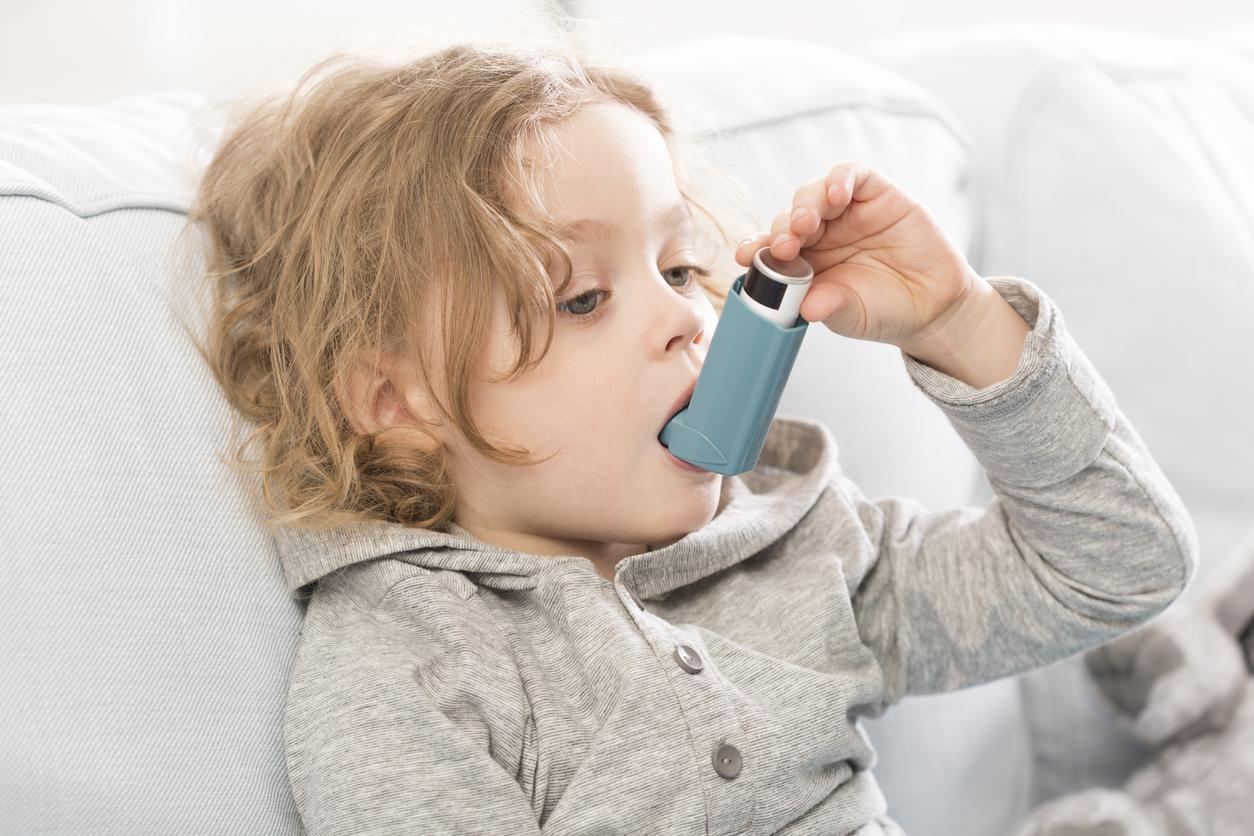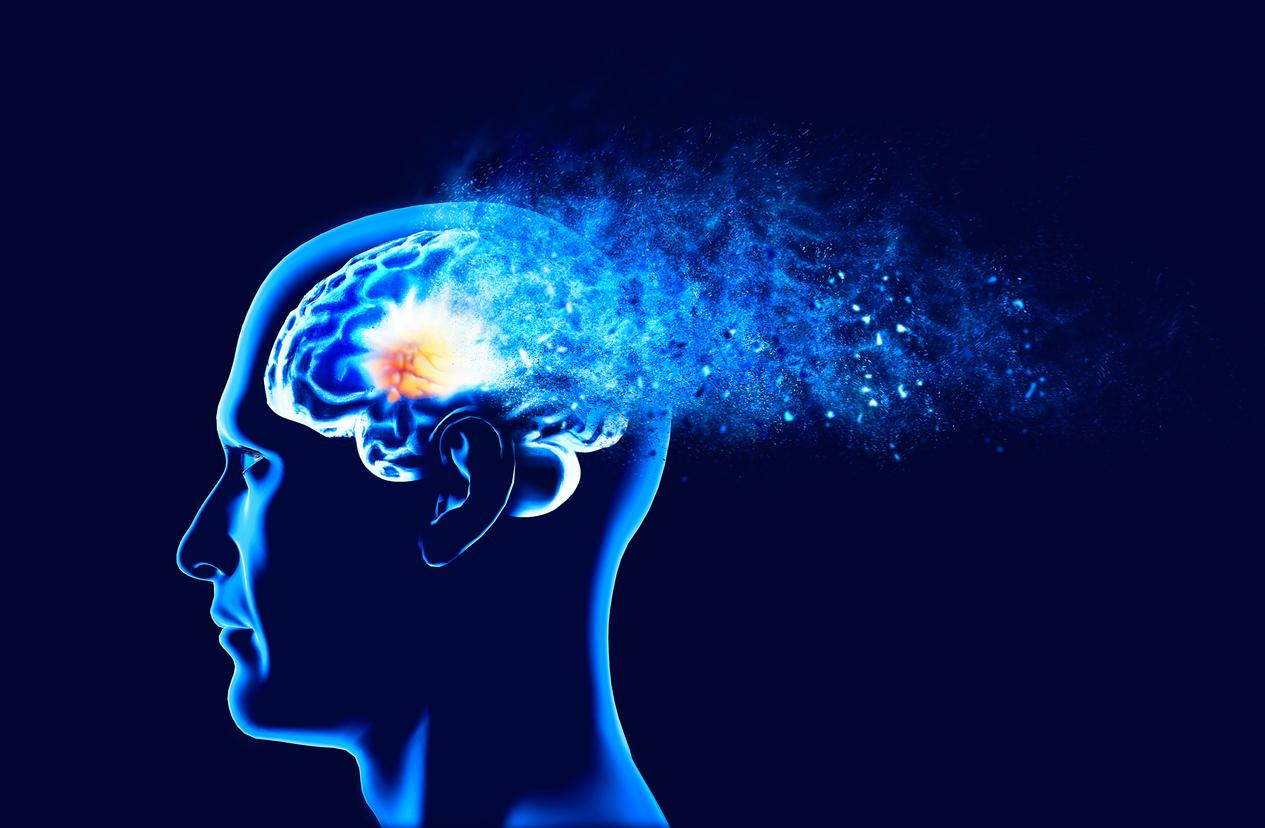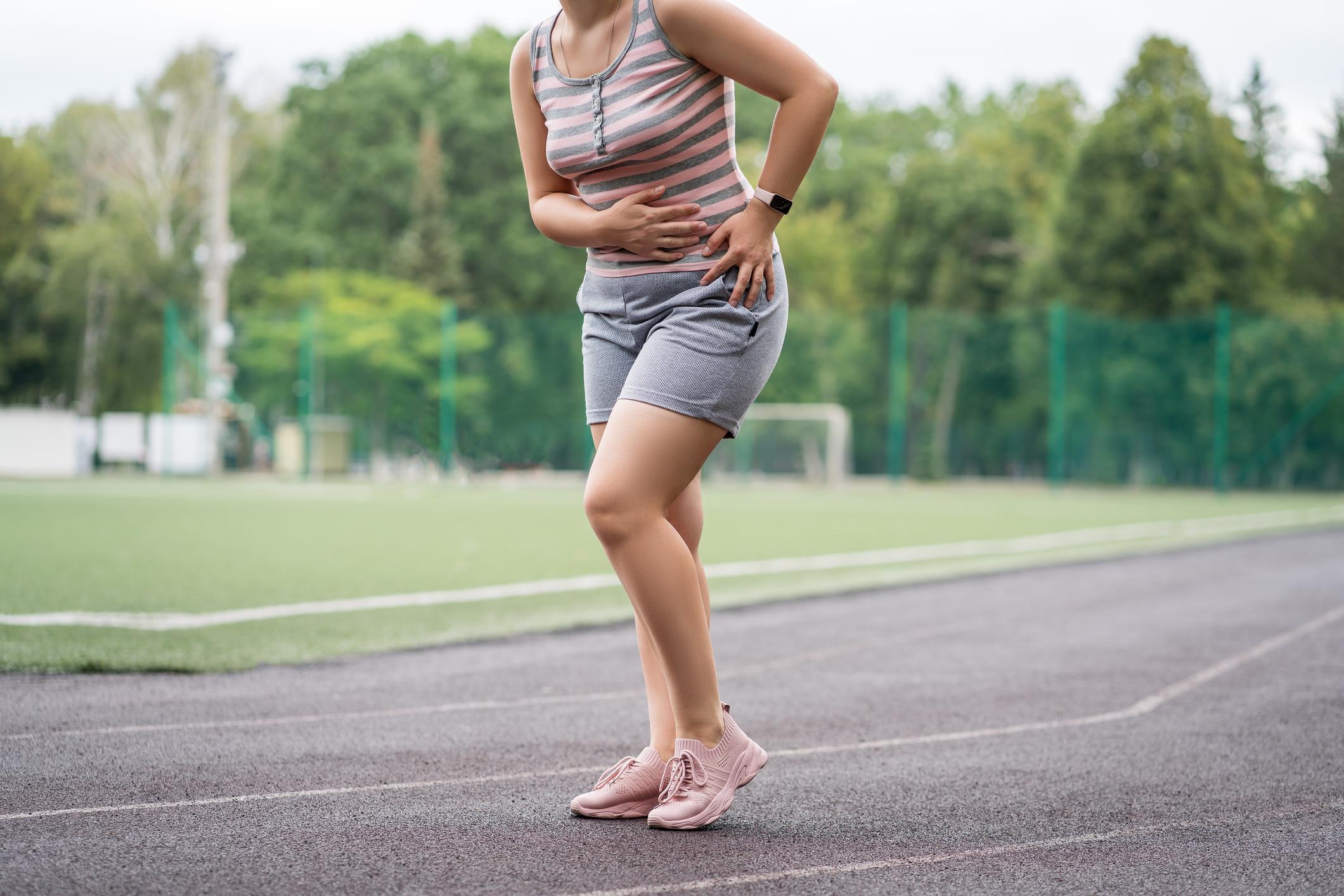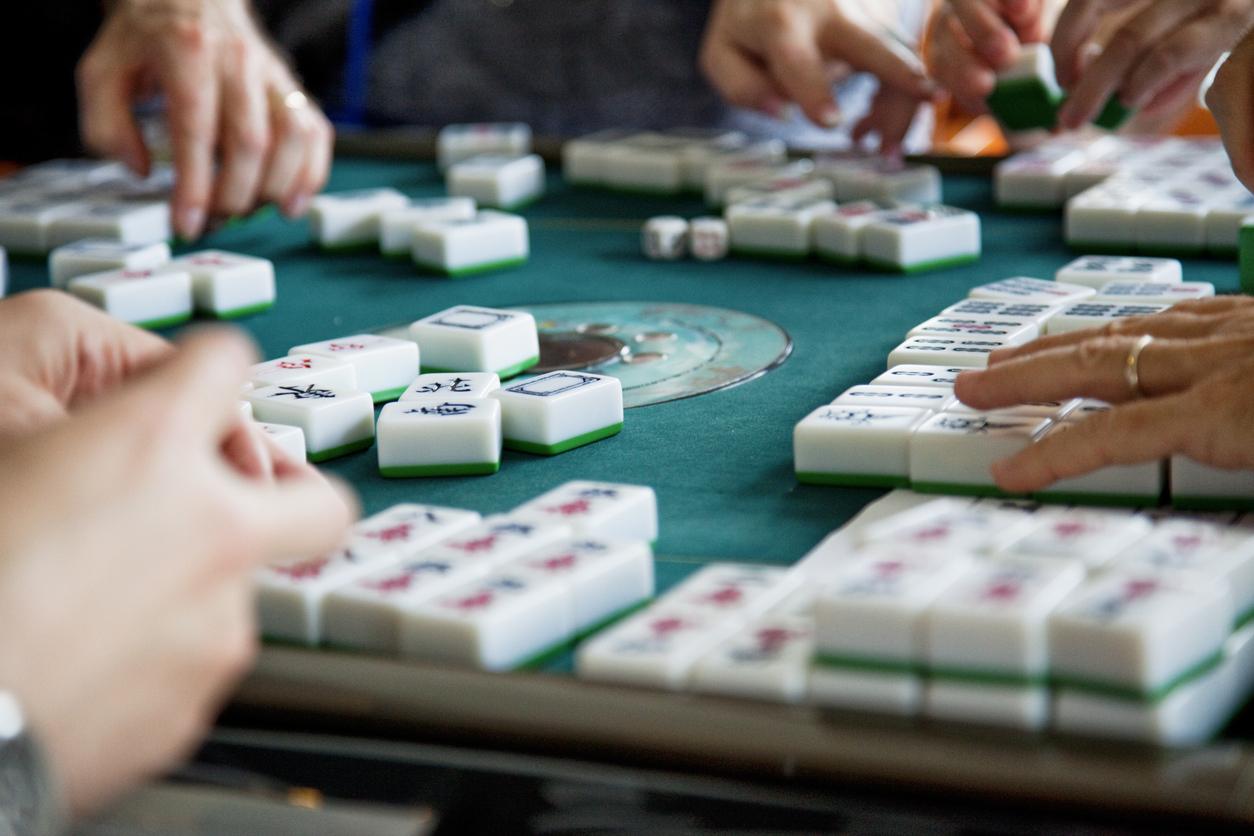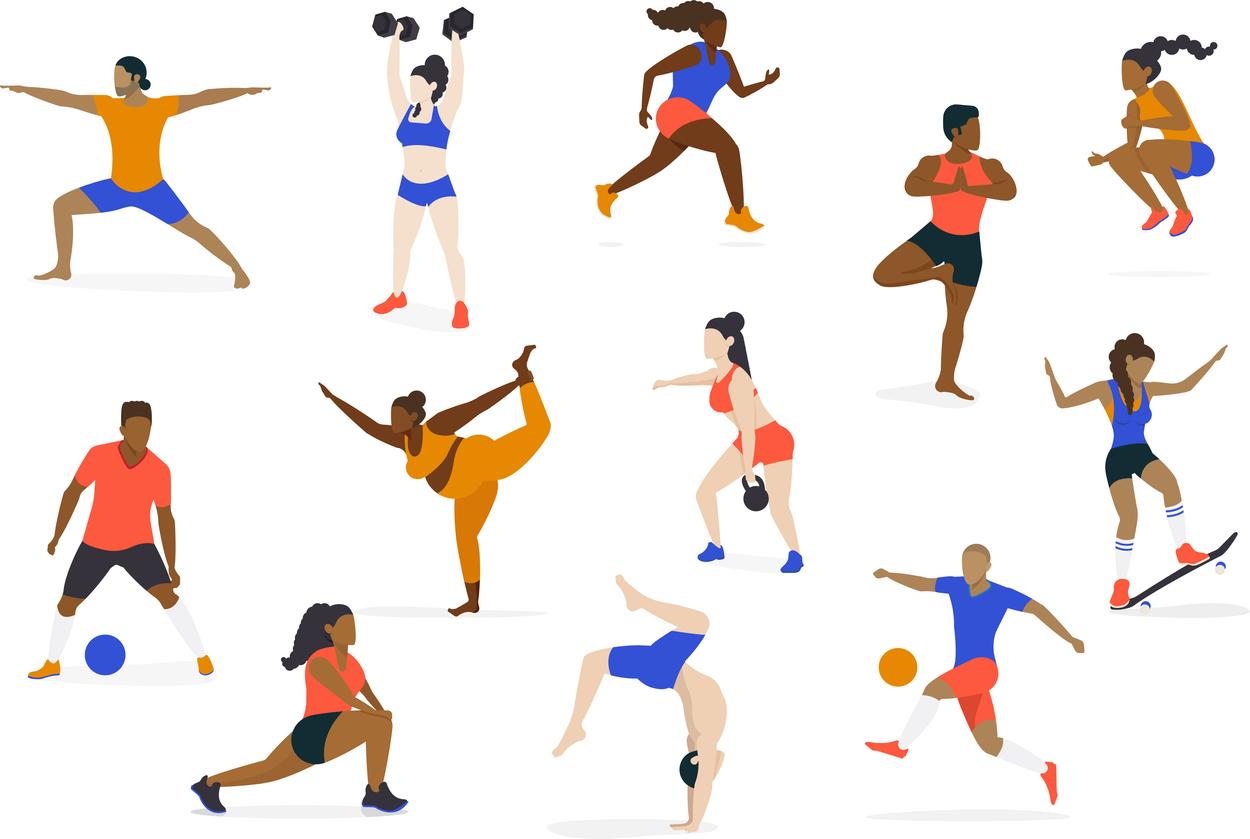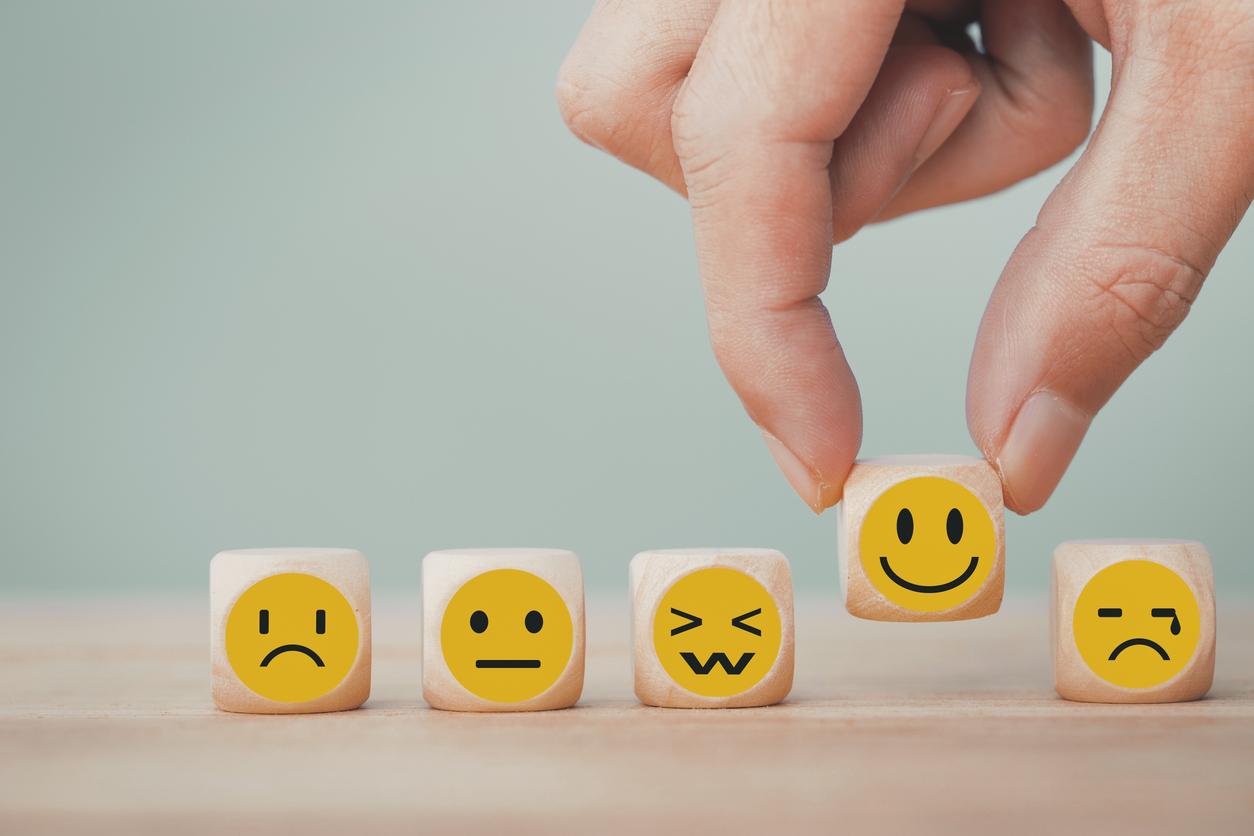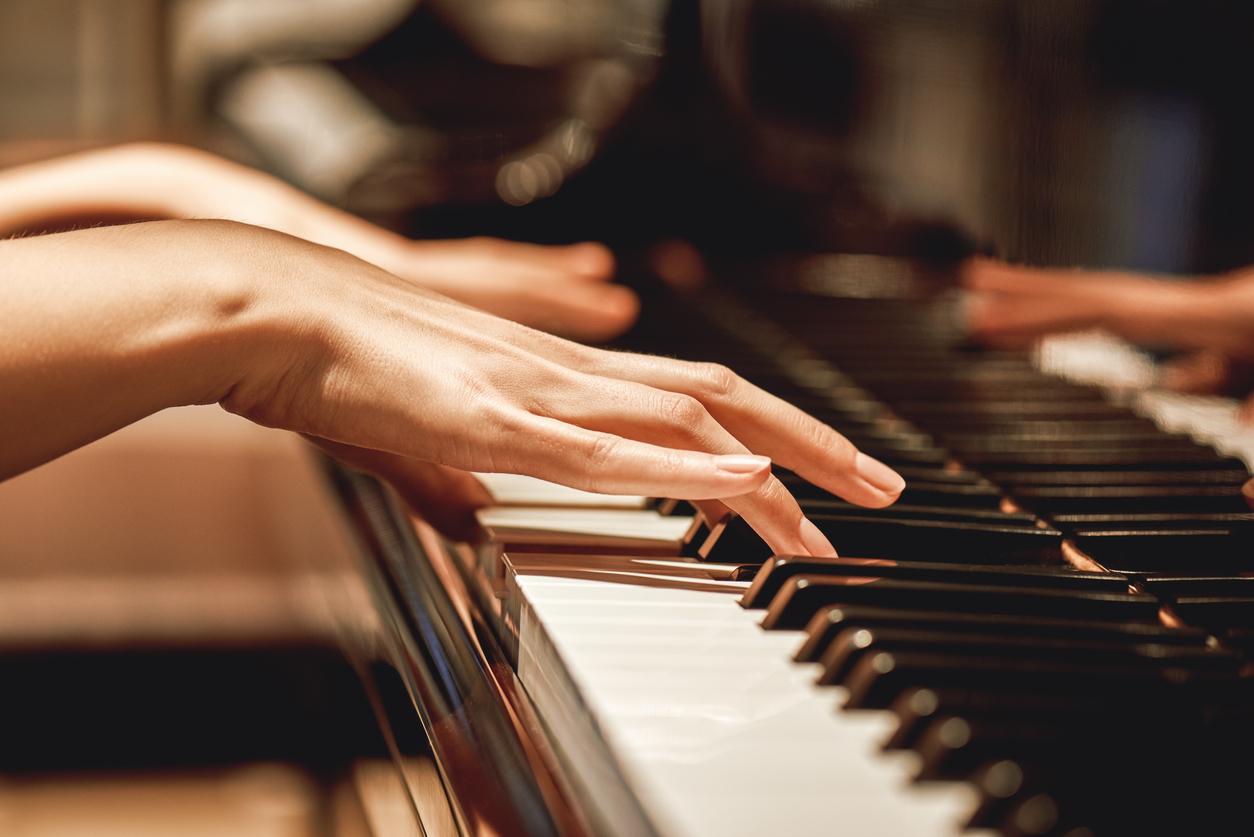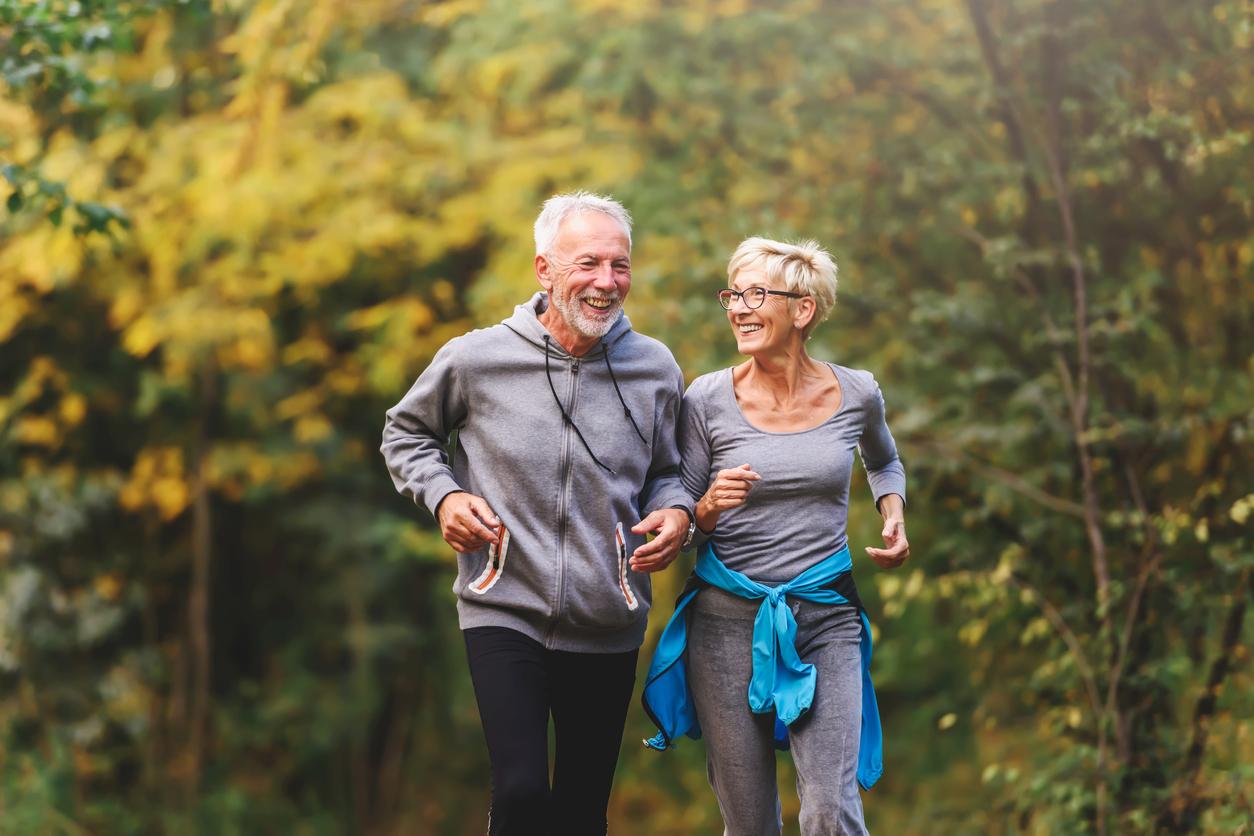A study by researchers at the University of Illinois (United States) reveals that practicing a sport can stimulate children’s memory and help them perform complicated memorization exercises more easily.
To study the link between physical activity and memory, the researchers recruited 48 children between the ages of 9 and 10. The little volunteers had to learn names and places on an imaginary map.
The researchers then tested the physical fitness of the children on treadmills. Depending on their aptitudes and sporting results, the children were separated into two groups to practice aerobics, that of the most efficient, and that of the weakest physically.
Sport is good for the memory
The researchers then asked the children about the names and places learned previously. Based on the results of their survey, the researchers conclude that the most athletic children have a better memory regardless of their socio-economic background. The researchers also find that there is a growing trend of inactivity in children, which can only lead to poorer physical health, and also poorer cognitive health “.
A Danish scientific study published last year also revealed that practicing a sport was excellent for concentration, perception and good school results for young people. Children who went to school by bicycle or on foot were better students and much more concentrated than those who took the car or public transport.
Children don’t exercise enough
A recently published British study revealed worrying figures on the sedentary lifestyle of schoolchildren. Indeed, only one out of two children practice the 60 minutes of sport recommended to be in good health. An alarming situation, according to the researchers, in view of the public health epidemic of obesity and the increased risks of chronic diseases linked to a sedentary lifestyle.
The physical and psychological benefits of physical activity on children and adolescents are essential. Sport reduces adiposity, cardiometabolic risks, and improves musculoskeletal and psychological health.
Sport is great for children’s memory
Loading-widget










